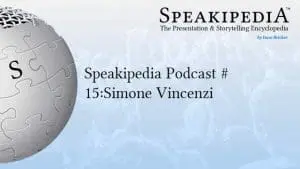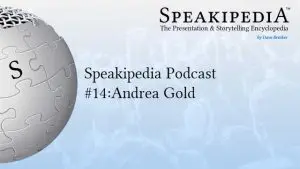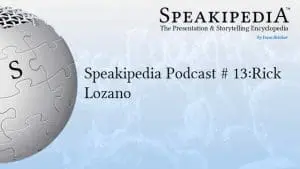Dysphemism is the use of a harsh or more offensive word instead of a more polite or agreeable one. It’s the opposite of a euphemism and is often used to shock or emphasize negativity.
In storytelling or speech, dysphemisms can be used to create a stark impression or to convey strong emotions.
Referring to a ‘shack’ instead of ‘humble home’ can color your audience’s perception.
A character might say, ‘He’s not thrifty; he’s a cheapskate,’ to emphasize disdain or judgment.
Someone—not you of course—who wanted to use a dysphemism, might call this video series “words FOR the weak” instead of “words OF the week.”
Dysphemism can express strong disapproval or paint a picture of severity and urgency.
Use this device appropriately to avoid offending your audience. No one appreciates a victim or a blamer on-stage.





